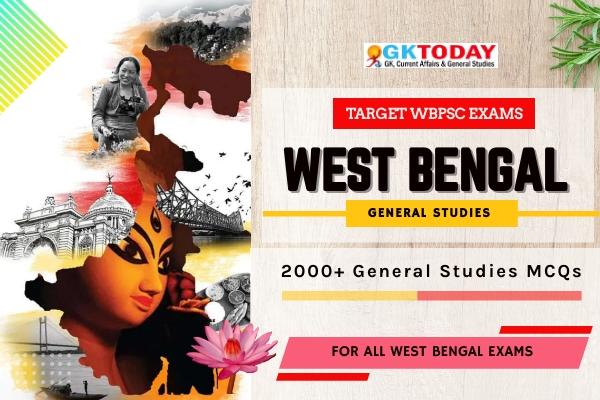Press Council of India

The Press Council of India is a statutory body responsible for adjudicating the press in India. It was formed in 1966 by an act of parliament.
What is the Press Council of India?
- The Press Council of India is a self-regulatory body for the press.
- It operates on a principle similar to that of democracy i.e. of the press, for the press and by the press.
- The council is operated under the Press Council Act of 1978 and comprises of a council which has a chairman and 28 additional members.
- While the chairman of the PCI is usually a retired Supreme Court judge, the additional members are members of media who are nominated by the newspapers, television channels and other media outlets working in India.
- The council also has 5 are members of the Lok Sabha and the Rajya Sabha.
- The PCI is responsible for accepting the complaints which are made against and by the press in matters which are related to a journalist or a media organization’s ethical failures.
- The Council is responsible to investigate, issue a report and can also “warn, admonish, censure or disapprove” the parties it finds at fault.
- However, the PCI has no powers to enforce nor impose any penalty on the individual journalists and publications.
Code of conduct of the Press in India
- The Press Council of India (PCI) issues the “Norms of Journalistic Conduct”.
- This code of conduct is one of the two journalism-related codes used in India.
Press Council of India
The Press Council of India (PCI) was first set up in the year 1966 by the Parliament on the recommendations of the First Press Commission with the object of preserving the freedom of the press and of maintaining and improving the standards of press in India. Currently, it derives its mandate from Press Council Act, 1978.
Functions
It’s a statutory, quasi-judicial body acting as watchdog of the press. It adjudicates the complaints against and by the press for violation of ethics and for violation of the freedom of the press respectively.
Composition
The Council is headed by a Chairman, who has by convention, been a retired judge of the Supreme Court of India. The Council consists of 28 other members of whom 20 represent the press and are nominated by the press organizations/news agencies recognized and notified by the Council as all India bodies of categories such as editors, working joumalists and owners and managers of newspaper and news agencies, five members are nominated from the two Houses of Parliament and three represent cultural, literary and legal fields as nominees of the Sahitya Academy, University Grants Commission and the Bar Council of India.
The Council discharges its functions primarily through adjudications on complaint cases received by it, either against the Press for violation of journalistic ethics or by the Press for interference with its freedom. Where the Council is satisfied, after inquiry, that a newspaper or a news agency has offended against the standards of journalistic ethics or public taste or that an editor or working journalist has committed any professional misconduct, the Council may warn, admonish or censure them or disapprove of their conduct.
The Council is also empowered to make such observations as it may deem fit in respect of the conduct of any authority, including Government, for interfering with the freedom of the press. The decisions of the Council are final and cannot be questioned in any court of law.
The Council has been entrusted by the Parliament with the additional responsibility of functioning as Appellate Authority under the Press and Registration of Books Act, 1867 and the Appellate Board comprises of the Chairman of the Council and a member of the Council. The Board meets regularly and decides the Appeals placed before it.
The Council rendered its opinion on the references received from Law Commission regarding astrology advertisement. Election Commission of India also approached the Council for providing some concrete parameters to adjudge Paid News.








